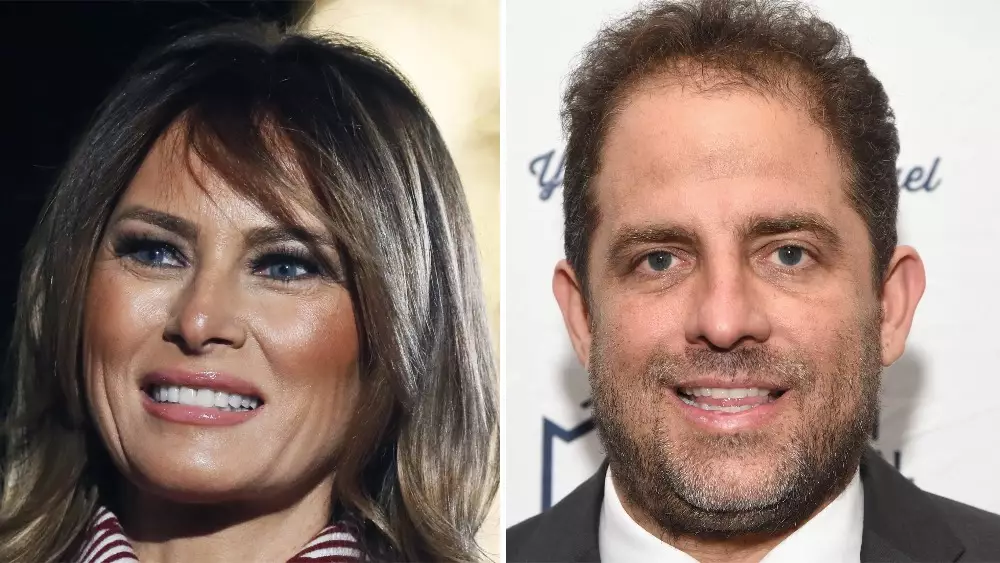The announcement of a documentary centered on Melania Trump has stirred the media landscape, particularly with the involvement of notable figures such as director Brett Ratner and the streaming giant, Amazon Prime Video. This upcoming project promises to encapsulate the life and tenure of the former First Lady, shedding light on a figure often shrouded in mystery and public scrutiny. With filming commencing shortly after Donald Trump’s recent election victory, the timing raises questions about what viewers can expect from this intimate documentary.
The fact that Amazon has “exclusively licensed” this documentary for both theatrical and streaming release is telling of the project’s anticipated significance. The sentiments expressed by Amazon representatives hint at an eagerness to present a “behind-the-scenes” narrative that could resonate with audiences worldwide. This collaboration between Melania Trump and Ratner, whose career has recently been tumultuous due to serious allegations, is complex. Ratner’s past controversies have stained his reputation, yet they might lend an unexpected edge to this portrayal of the First Lady, allowing for a more candid exploration of her life and experiences.
Melania Trump, originally from Slovenia, transitioned from a successful modeling career to one of the most scrutinized positions in the world—First Lady of the United States. Her initiative, “Be Best,” aimed at tackling crucial issues such as the well-being of children, online safety, and opioid addiction is indicative of her commitment to social causes, despite public skepticism about her role and effectiveness. As the documentary promises to delve deeper into her advocacy and personal journey, it serves as an opportunity to reshape perceptions and untangle the complexities surrounding her public image.
Notably, Amazon’s founder Jeff Bezos has previously shown support for Donald Trump, particularly in the dual context of the recent election and the political landscape that enveloped it. His recent comments on Trump’s success suggest a strong alignment with certain political maneuvers, which raises ethical questions about the objectivity of the documentary. With Bezos at the helm of a major media outlet, the Washington Post, tensions between its editorial stance and the interests of its owner are palpable. Bezos’s decision to refrain from endorsing a candidate during the election adds another layer of complexity to the narrative, leading viewers to ponder whether the documentary might display a more favorable image of the Trump family.
Media responses to this announcement have been mixed, with some expressing skepticism regarding the motives behind the documentary, especially considering Ratner’s controversial past. The atmosphere within the Washington Post has also been strained, as evidenced by staff resignations tied to perceived conflicts of interest surrounding its leadership and political affiliations. This reflection of discord within journalistic circles signifies a broader challenge facing the media industry—navigating narratives while maintaining journalistic integrity in a climate where personal and political biases often clash.
As the production of the Melania Trump documentary unfolds, expectations continue to mount. The intersection of entertainment, politics, and personal storytelling makes this project a unique venture. It not only seeks to humanize a figure often interpreted through a political lens but could also expose the challenges faced by those in the political sphere amid unprecedented public scrutiny. With a release anticipated in the latter half of next year, audiences worldwide will be closely watching to see how Melania Trump’s story is framed and whether it ultimately enhances or diminishes her legacy in the public eye. This documentary stands as a potential catalyst for changing perceptions, yet whether it will resonate positively remains to be seen.

Leave a Reply